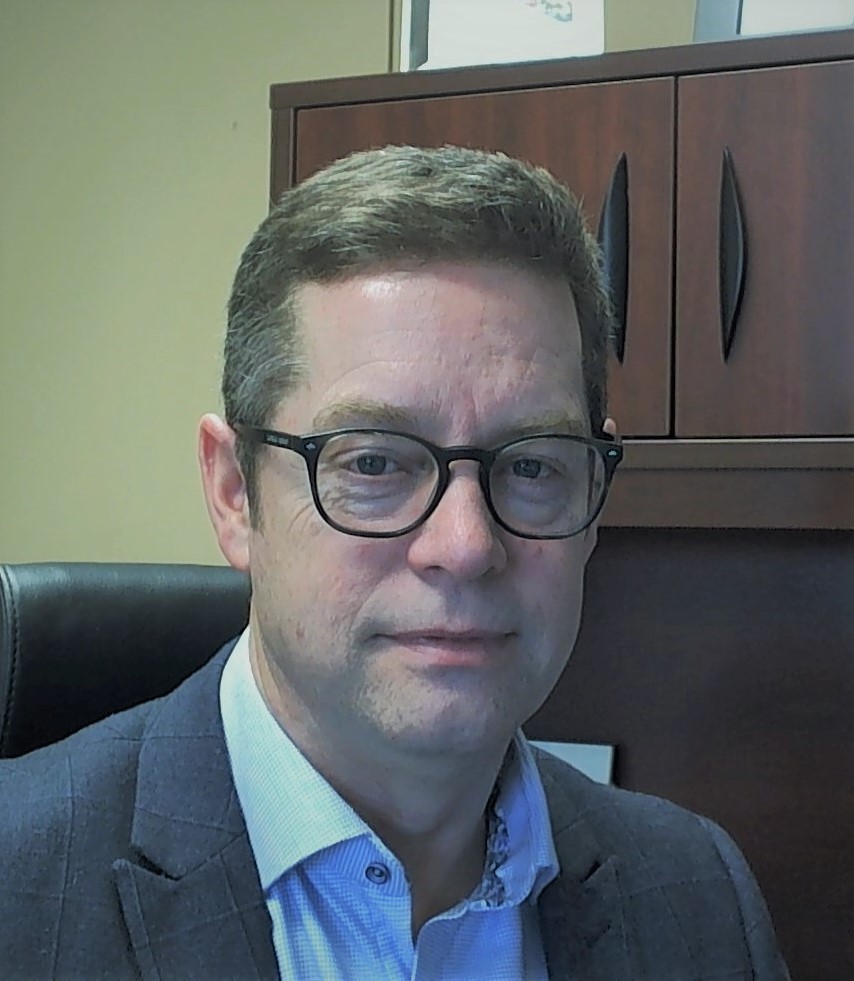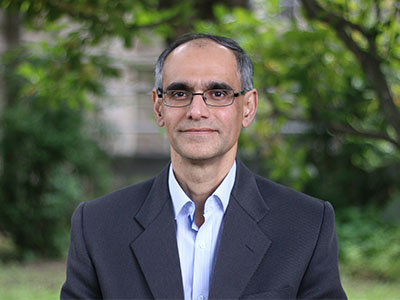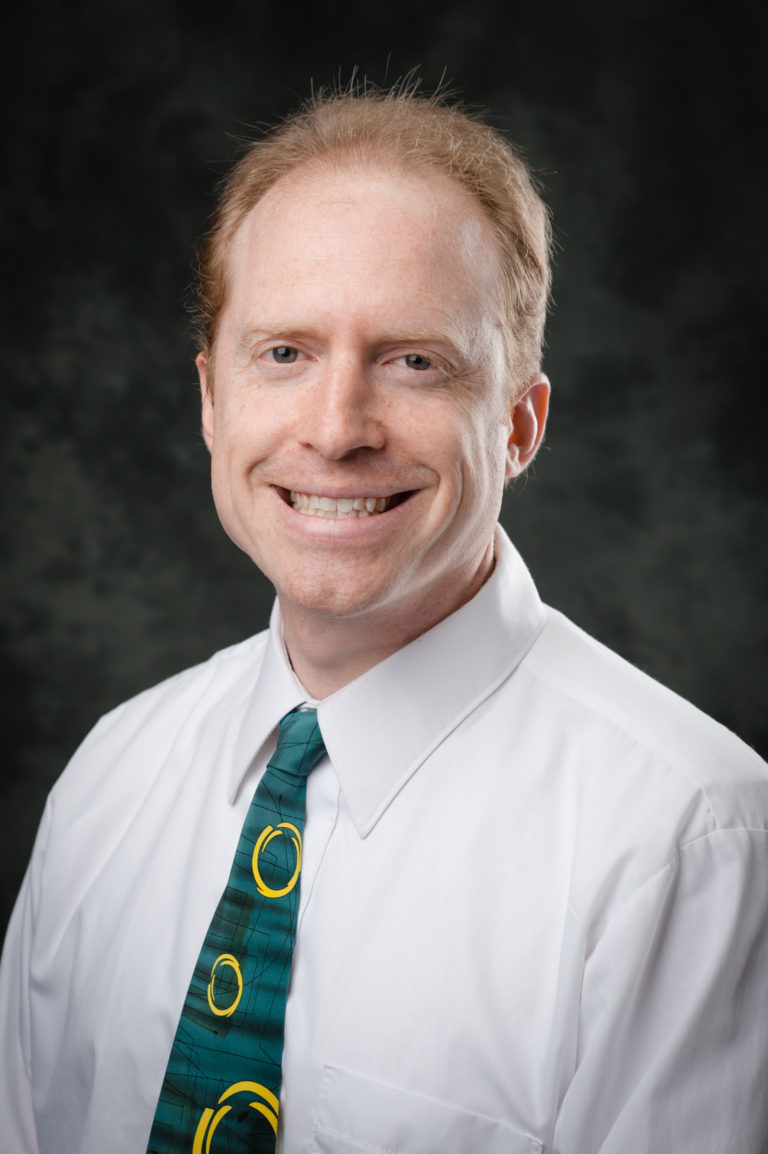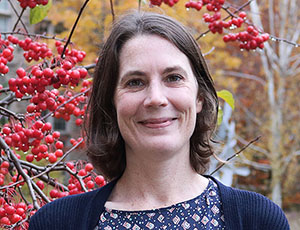An integrated solar-powered heat pump and modular thermal storage system to offset natural gas usage for heating applications
Partners: Solcan, Neotherm, London Hydro, City of London, Enbridge
Space and water heating accounts for 45% of energy demand worldwide and 80% of direct C02 emissions. Buildings accounted for 12% of Canada’s greenhouse gas emissions in 2019, only surpassed by oil and gas and transportation. Over 85% of the building sector emissions in Canada come from space and water heating due to the use of fossil fuel equipment and Canada’s cold climate.
Green homes are typically electrified, with most of the power coming from clean sources. Although, during on-peak hours, the grid electricity in Ontario is supplemented with natural gas. Most of the heat is needed at night, which is off-peak hours and thus mostly clean. It is preferable to use grid electricity generated by non-emitting sources whenever possible rather than residential gas-driven appliances due to the reduced GHG emissions; however, this is not always possible.
Rooftop solar PV has become more affordable over the last decade and when coupled with heat pumps it is both practical and economic to heat a home using solar PV. Although economic, particularly in Ontario with highly subsidized nuclear power the electric rates are low enough that the ROI for PV+HP is low and relatively unappealing. Most residences have enough rooftop area for a total-offset solar PV system, meaning the home could be net-metered to zero annually. Most of the solar PV energy is generated during the day, but heating is mostly required at night and during low flux times of the year. On a small and medium scales, in an urban environment, this can be alleviated with a net-metering-based rate structure, but recently, rate structures have changed so that solar homeowners are not given the full value of the electricity they generate unless they use it themselves in real time. This, along with policy issues, a mismatch in the sale value of electricity compared to the cost to buy (i.e., the value of solar), and the inability of the grid to support a net-metering scheme on a large scale, leaves room for improvement.
One solution to the mismatch between solar electricity generation and use would be to store the energy until it is needed. Space and water heating uses a large amount of electricity and would be expensive and impractical to store with chemical batteries. Another storage method is to store the energy directly as heat until it’s needed, otherwise known as thermal energy storage. Particularly, using a “thermal battery” that has storage material that takes advantage of the large amount of energy involved with freezing and melting, called a phase change material (PCM), allows a lot of heat to be stored in a small volume. These PCM batteries have high cyclic efficiencies and lifetimes as high as 50 years. The use of PCM thermal batteries is more common in Europe but has hardly been used in the Canadian climate.
The goal of this project was to develop and demonstrate an affordable, net-zero carbon, prototype residential heating system integrating rooftop solar PV, a heat pump, and a thermal battery. The solar PV generates enough electricity to offset 100% of the home’s energy needs. The heat pump is a very efficient method of space heating, and the thermal battery helps alleviate the mismatch between the generation and use of solar energy. In partnership with Magnus Homes and Eden Energy Equipment, a heating system of this kind was installed and is currently being monitored in a home in Kilworth, Ontario. The results from this testing will prove its efficacy and affordability in the Canadian climate.
Research Biographies
Anthony G. Straatman
 Dr. Straatman is currently a Professor and Chair of the Mechanical & Materials Engineering department at Western University. He completed his B.E.Sc. and M.E.Sc. degrees in Mechanical Engineering, from Western University in 1991 and 1992, respectively, and his Ph.D. in Mechanical Engineering from the University of Waterloo in 1995, where he specialized in Computational Fluid Dynamics and Turbulence Modelling. After working in the software industry for Advanced Scientific Computing (now ANSYS), he took up a professorship at Western University in 1997 and moved through the ranks to full professor by 2010. In his time at Western, he has served as Associate Chair Undergraduate and Associate Chair Graduate in the MME Department at Western, and now leads the department as Chair since 2016. Dr. Straatman has received multiple departmental, faculty and university teaching awards including the Edward G. Pleva Award, Western’s highest award for excellence in University Teaching. He has served on the board of directors of the CFD Society of Canada for 6 years, and as president from 2012-2014. He is also a Fellow of the Canadian Society for Mechanical Engineering (CSME) since 2016. Dr. Straatman supervises a staff of graduate researchers and works mainly in the areas of heat and mass transfer in porous media and energy transport in compressible and incompressible flows.
Dr. Straatman is currently a Professor and Chair of the Mechanical & Materials Engineering department at Western University. He completed his B.E.Sc. and M.E.Sc. degrees in Mechanical Engineering, from Western University in 1991 and 1992, respectively, and his Ph.D. in Mechanical Engineering from the University of Waterloo in 1995, where he specialized in Computational Fluid Dynamics and Turbulence Modelling. After working in the software industry for Advanced Scientific Computing (now ANSYS), he took up a professorship at Western University in 1997 and moved through the ranks to full professor by 2010. In his time at Western, he has served as Associate Chair Undergraduate and Associate Chair Graduate in the MME Department at Western, and now leads the department as Chair since 2016. Dr. Straatman has received multiple departmental, faculty and university teaching awards including the Edward G. Pleva Award, Western’s highest award for excellence in University Teaching. He has served on the board of directors of the CFD Society of Canada for 6 years, and as president from 2012-2014. He is also a Fellow of the Canadian Society for Mechanical Engineering (CSME) since 2016. Dr. Straatman supervises a staff of graduate researchers and works mainly in the areas of heat and mass transfer in porous media and energy transport in compressible and incompressible flows.
Kamran Siddiqui
 Professor
Professor
Ph.D. (University of Toronto
B. Eng. (N.E.D. University of Engineering and Technology, Karachi, Pakistan)
Awards and scholarships
- Fellow, American Society of Mechanical Engineers (ASME)
- Fellow, Canadian Society for Mechanical Engineering (CSME)
- Canada Foundation for Innovation (CFI) Leaders Opportunity Fund Award
- Petro-Canada Young Innovators Award
- Natural Sciences and Engineering Research Council (NSERC) Post-Doctoral Fellowship
- Natural Sciences and Engineering Research Council (NSERC) Post Graduate Scholarship
- Ontario Graduate Scholarship
- University of Toronto Fellowship
- Professional affiliations
- Professional member, Professional Engineers Ontario (PEO)
- Member ASME, CSME
- Chair, Thermo-fluids Technical Committee (CSME)
- Past Chair, Fluid Mechanics Technical Committee, American Society of Mechanical Engineers (ASME)
- Past Chair, Students Affairs Committee (CSME)
- Past Technical Editor, CSME Bulletin
Joshua Pearce
 Joshua M. Pearce is the John M. Thompson Chair in Information Technology and Innovation at the Thompson Centre for Engineering Leadership & Innovation. He holds appointments at Ivey Business School and the Department of Electrical & Computer Engineering at Western University in Canada. He runs the Free Appropriate Sustainability Technology research group. His research concentrates on the use of open source appropriate technology (OSAT) to find collaborative solutions to problems in sustainability and to reduce poverty. His research spans areas of engineering of solar photovoltaic technology, open hardware, and distributed recycling and additive manufacturing (DRAM) using RepRap 3-D printing, but also includes policy and economics. His research is regularly covered by the international and national press. According to Elsevier’s citation metrics last year he was in the top 0.06% most cited scientists globally and is continually ranked in the top 0.1% for his accessible research on Academia.edu. He is the editor-in-chief of HardwareX, the first journal dedicated to open source scientific hardware and the author of the Open-Source Lab:How to Build Your Own Hardware and Reduce Research Costs, Create, Share, and Save Money Using Open-Source Projects, and To Catch the Sun, an open source book of inspiring stories of communities coming together to harness their own solar energy, and how you can do it too!
Joshua M. Pearce is the John M. Thompson Chair in Information Technology and Innovation at the Thompson Centre for Engineering Leadership & Innovation. He holds appointments at Ivey Business School and the Department of Electrical & Computer Engineering at Western University in Canada. He runs the Free Appropriate Sustainability Technology research group. His research concentrates on the use of open source appropriate technology (OSAT) to find collaborative solutions to problems in sustainability and to reduce poverty. His research spans areas of engineering of solar photovoltaic technology, open hardware, and distributed recycling and additive manufacturing (DRAM) using RepRap 3-D printing, but also includes policy and economics. His research is regularly covered by the international and national press. According to Elsevier’s citation metrics last year he was in the top 0.06% most cited scientists globally and is continually ranked in the top 0.1% for his accessible research on Academia.edu. He is the editor-in-chief of HardwareX, the first journal dedicated to open source scientific hardware and the author of the Open-Source Lab:How to Build Your Own Hardware and Reduce Research Costs, Create, Share, and Save Money Using Open-Source Projects, and To Catch the Sun, an open source book of inspiring stories of communities coming together to harness their own solar energy, and how you can do it too!
Carol Hunsberger
 Associate Professor, Department of Geography and Environment, Western University
Associate Professor, Department of Geography and Environment, Western University
I am a human geographer interested in the political ecology of energy systems, especially biofuels and pipelines. On one level this means studying the outcomes of energy projects for livelihoods and ecologies across scales. On another level it means considering how discourses attached to climate change, economic priorities, and competing interpretations of development and the ‘public interest’ influence patterns of governance, investment, promotion and resistance for energy projects. I am especially interested in how people with different positions on controversial issues interpret justice and fairness, and how the diverse values and priorities that they raise are reflected in decision-making processes.
More broadly I am interested in land use and the governance of environmental change. I have a persistent side interest in the politics of knowledge and how environmental issues are communicated. At different times this has expressed itself through work on scenario analysis, experiential education, global environmental assessment reports and community radio. Previously I have worked in Kenya though my current research focus is on energy projects in Canada.

